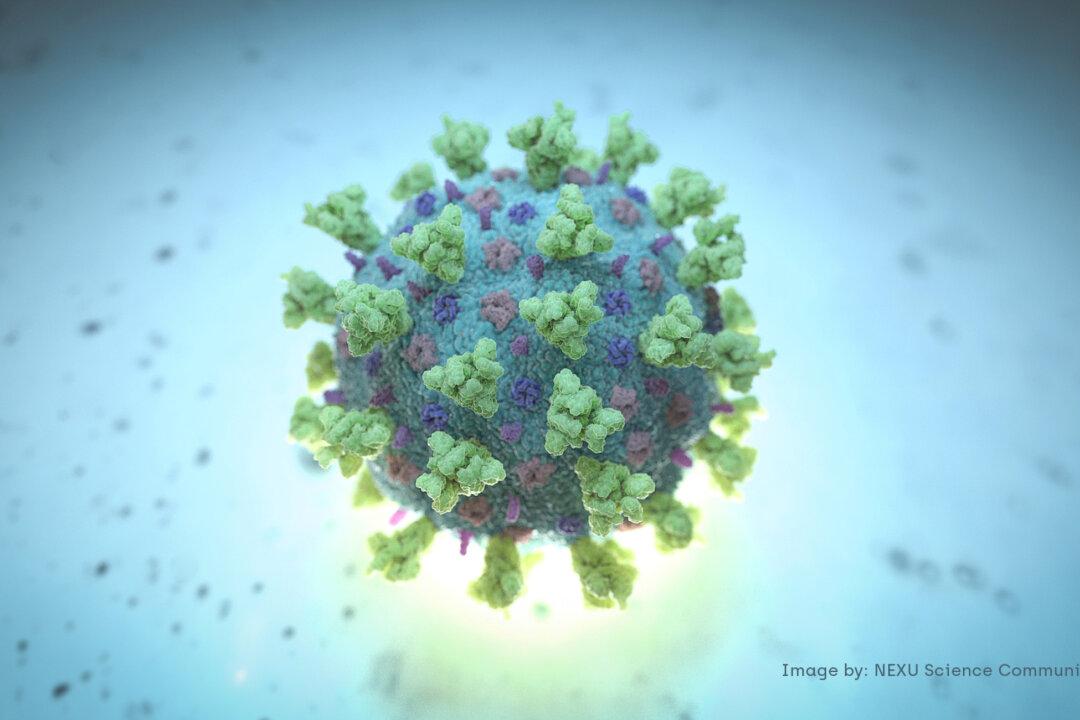More than 40 Australians who tested positive for COVID-19 have recovered, the Department Of Health said on March 18.
As of 6:30 a.m. on March 18, there were 454 confirmed cases in the country, of which 43 had recovered from COVID-19, according to official figures, and six, all aged over 70, had died.




